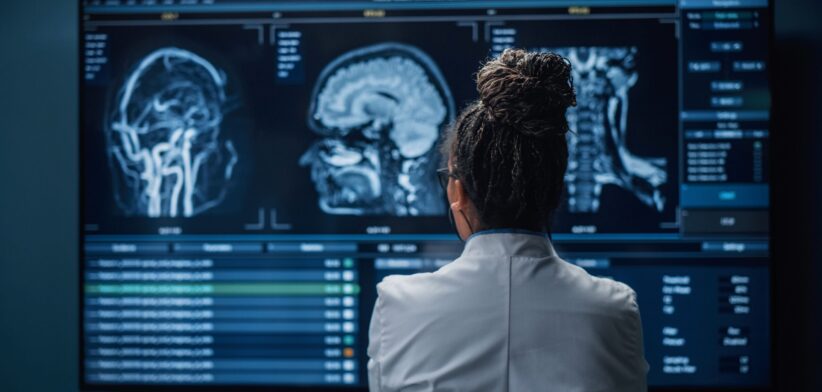A circuit in the brain has been discovered which, when inhibited, reduces anxiety without side effects.
Study senior author Weill Cornell Medicine Associate Professor Joshua Levitz said their work suggested a new way to treat anxiety disorders and related conditions.
Dr Levitz said his fellow New York researchers used a method called photopharmacology to map drug effects on the brain and examined the effects of experimental drug compounds that activated a type of brain-cell receptor called the metabotropic glutamate receptor 2 (mGluR2).
He said while these receptors were found on neurons within many brain circuits, the team showed that activating them in a specific circuit, ending in an emotion-related brain region, called the amygdala, reduced signs of anxiety without apparent adverse side effects.
“Current treatments for anxiety disorders, panic disorder and associated conditions can have unwanted side effects including cognitive impairments.
“Our findings indicate a new and important target for the treatment of anxiety-related disorders and show that our photopharmacology-based approach holds promise more broadly as a way to precisely reverse-engineer how therapeutics work in the brain.”
Read the full study: Projection-targeted photopharmacology reveals distinct anxiolytic roles for presynaptic mGluR2 in prefrontal- and insula-amygdala synapses








